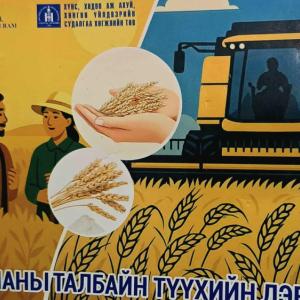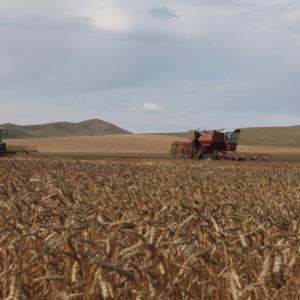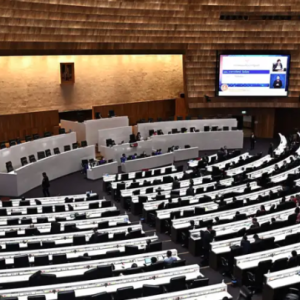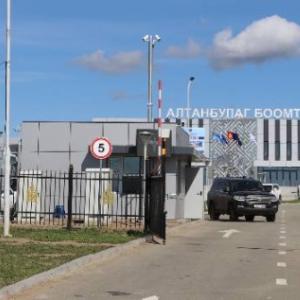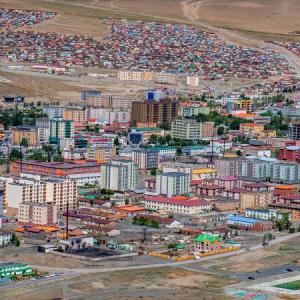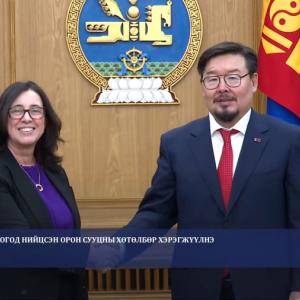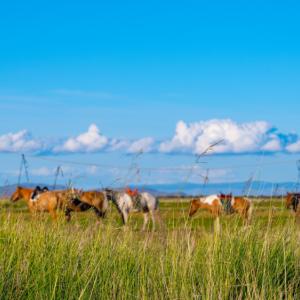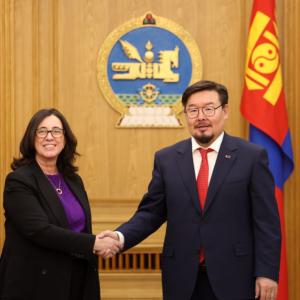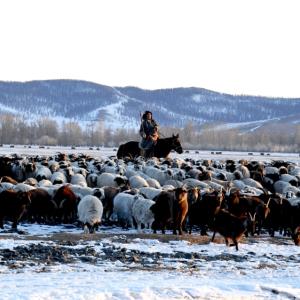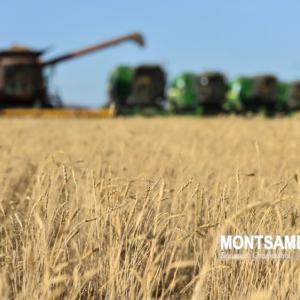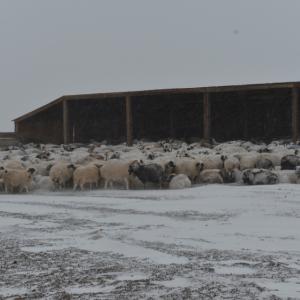Mongolia to Fully Meet Domestic Flour Demand with Harvested Wheat
Economy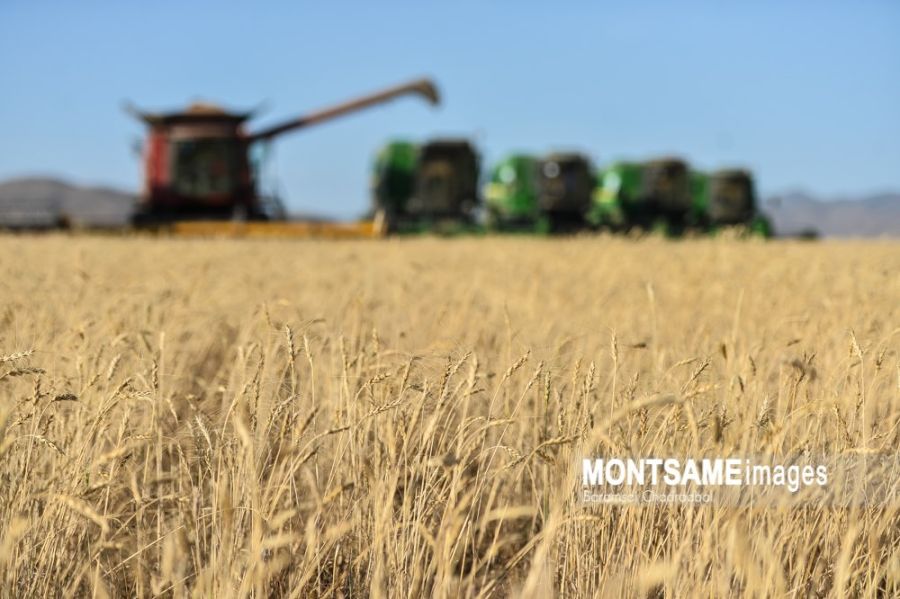
Ulaanbaatar, September 3, 2025 /MONTSAME/. According to the preliminary harvest balance, Mongolia is projected to fully meet its domestic flour demand with this year’s wheat harvest.
From the autumn harvest, 255.8 thousand tons of wheat are planned to be collected. Of this, 38.6 thousand tons are reserved for next spring’s sowing, 12.5 thousand tons for seed stock, 24.8 thousand tons for animal and poultry feed, 11 thousand tons for alcohol production, and 168.9 thousand tons for flour production. As a result, a shortfall of about 100 thousand tons will need to be met through wheat imports.
Minister of Food, Agriculture, and Light Industry of Mongolia Enkhbayar Jadamba stated at the press conference on the draft state budget of Mongolia for 2026 and the Government’s policy priorities in the economic sectors that the demand for wheat for livestock, pigs, poultry, and alcohol production will be met through imports.
 He also noted that with the implementation of the “White Gold” national movement, Mongolia has been purchasing 100 percent of domestically produced cashmere and has achieved full washing and combing capacity. The decision to prioritize combing alone has generated more than MNT 700 billion in added value in the cashmere processing sector. Foreign investment has also been flowing into food, leather, and textile manufacturing, with new factories under construction.
He also noted that with the implementation of the “White Gold” national movement, Mongolia has been purchasing 100 percent of domestically produced cashmere and has achieved full washing and combing capacity. The decision to prioritize combing alone has generated more than MNT 700 billion in added value in the cashmere processing sector. Foreign investment has also been flowing into food, leather, and textile manufacturing, with new factories under construction.
Minister Enkhbayar added, “According to the National Statistics Office of Mongolia, in the first half of this year, GDP grew by 5.6 percent, of which 3.6 percent was contributed solely by the agricultural sector, creating 58,000 new jobs. These positive indicators demonstrate the effectiveness of the Government’s ‘Atar-4’ Sustainable Agriculture Development Campaign, the 'White Gold' national movement to boost the value of livestock-derived raw materials, and the nationwide ‘Food Revolution’ movement.”
Regarding the State Budget of Mongolia for 2026, the Government will continue its private sector-supporting policies, expanding concessional loans for business operations and investment. The Ministry has reflected in the draft budget measures to reduce its own investment and expenditure while increasing financial resources for loans to the private sector and enterprises.
Meat exports are set to expand significantly as quarantine restrictions are being lifted. Mongolia’s pastureland is overburdened by the equivalent of 25 million head of livestock. With 70 percent of the country affected by drought this year and pasture capacity insufficient, about 20 million head of livestock must be directed into economic circulation.

 Улаанбаатар
Улаанбаатар









